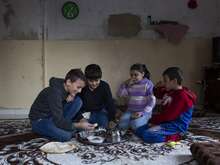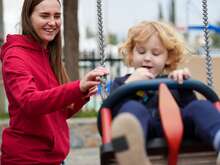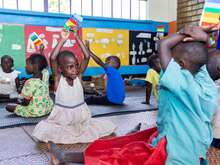There are 120 million people displaced around the world—a number that has doubled in just the past ten years. That’s 120 million birthdays, nicknames and life stories.
In 2024, policies around refugees, migrants and asylum seekers are being debated all over the world—often without the input of refugees.
This World Refugee Day, look past the large figures to see that every number has a story. Learn how to take meaningful action to support refugee rights and welcome refugees into your community.
Here are three ways to get involved...
No one is just a number
In a year when refugees are being cast as a crisis, it is more important than ever to remember the people behind the numbers. Each has a unique story. Meet displaced people from Gaza, Afghanistan, Ukraine, Burundi and Syria.
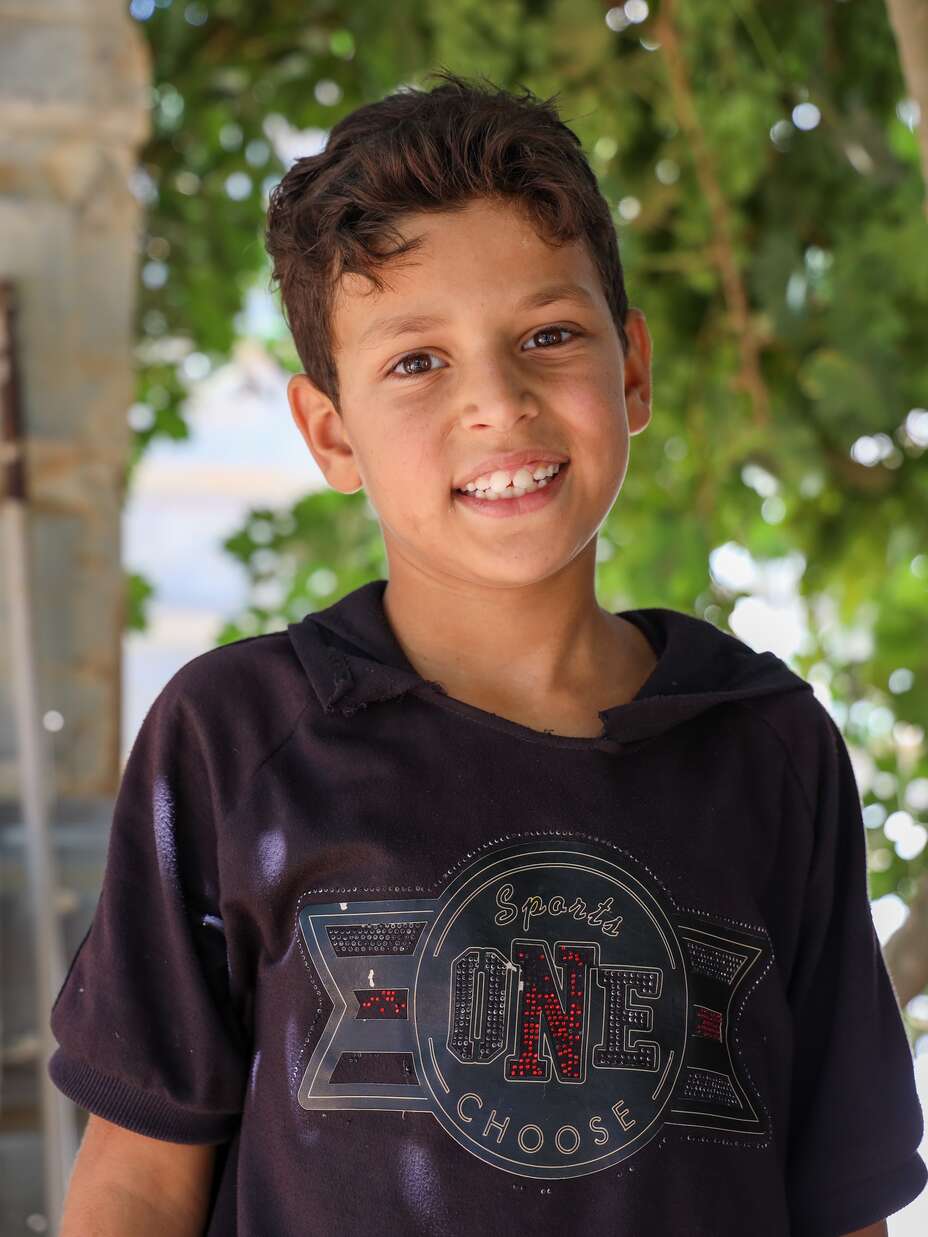
Nawras’s parents had to flee their home as the war in Syria intensified. Nawras was born just three days after his parents arrived at Zaatari refugee camp. Nawras is now 12 years old.
Nawras’ father, Adham, told us, “My family would love to move back to Syria one day, but it is not safe there.”
Nawras’ father, Adham, told us, “My family would love to move back to Syria one day, but it is not safe there.”
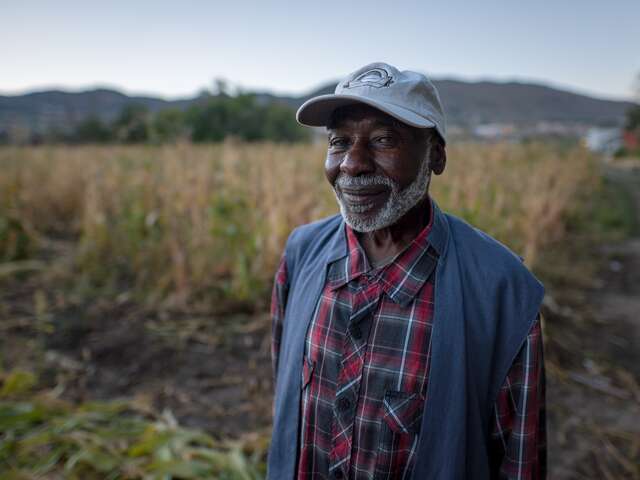
Omar, 72, moved from Sudan to Libya at a young age, but was displaced when war broke out. In 2013, the IRC helped his family resettle in Salt Lake City, Utah.
“I was relieved that I had managed to save my family from war and come to America. I am happy and delighted, thank God, that my children studied, graduated, and found jobs.”
“I was relieved that I had managed to save my family from war and come to America. I am happy and delighted, thank God, that my children studied, graduated, and found jobs.”
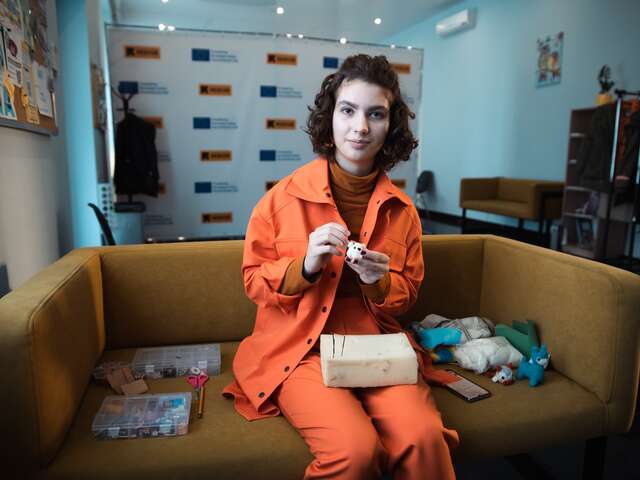
Sonia’s parents helped her sign up for a girls’ camp at the IRC women’s centre in Dnipro. The centre has helped her deal with the trauma of being displaced and losing people she cares about in the war.
“At the [IRC women’s centre], there is a very high level of emotional support, which helps one cope with the problems we have to deal with—which ordinary people have to deal with who are living through war.”
“At the [IRC women’s centre], there is a very high level of emotional support, which helps one cope with the problems we have to deal with—which ordinary people have to deal with who are living through war.”
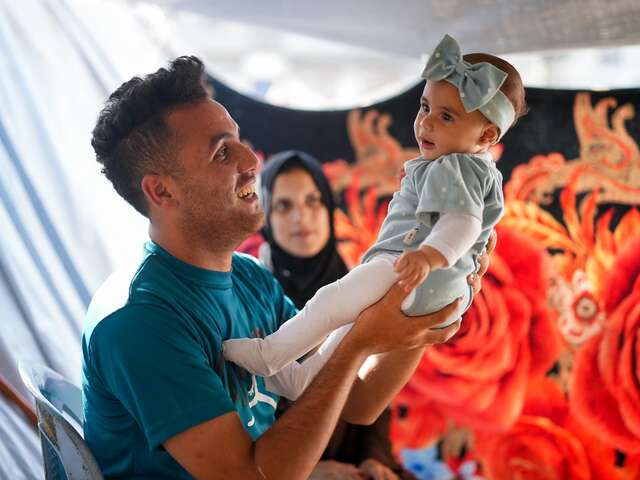
Salem welcomed his daughter into the world two days before Israeli forces started bombing Gaza. In the following months, he and his family have been displaced more than 6 times.
“I used to live in a house with a roof, water, a bathroom. I used to sleep on a mattress. Suddenly, I'm sleeping on the sidewalk. Now I only wish for four walls around me and my family.”
“I used to live in a house with a roof, water, a bathroom. I used to sleep on a mattress. Suddenly, I'm sleeping on the sidewalk. Now I only wish for four walls around me and my family.”
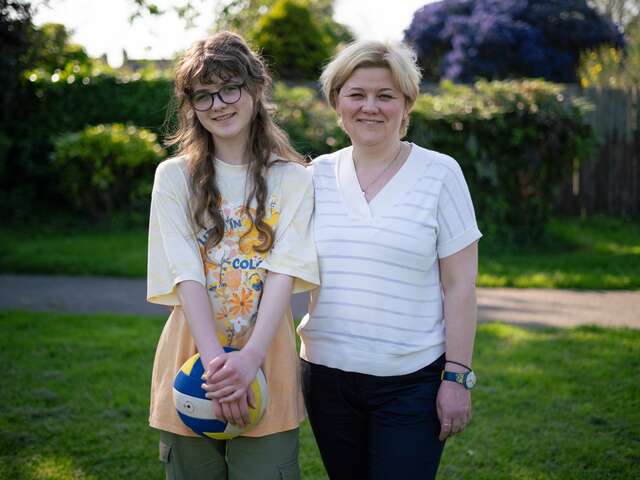
Margarita and her 12-year-old daughter sheltered under the stairs wearing ski helmets before deciding to leave Ukraine. They now live in the UK, where Margarita works as an interpreter.
“I had to leave my parents behind who are rather elderly people, but they told me that you have a daughter, you have a child, you have to make sure [she is safe].”
“I had to leave my parents behind who are rather elderly people, but they told me that you have a daughter, you have a child, you have to make sure [she is safe].”

